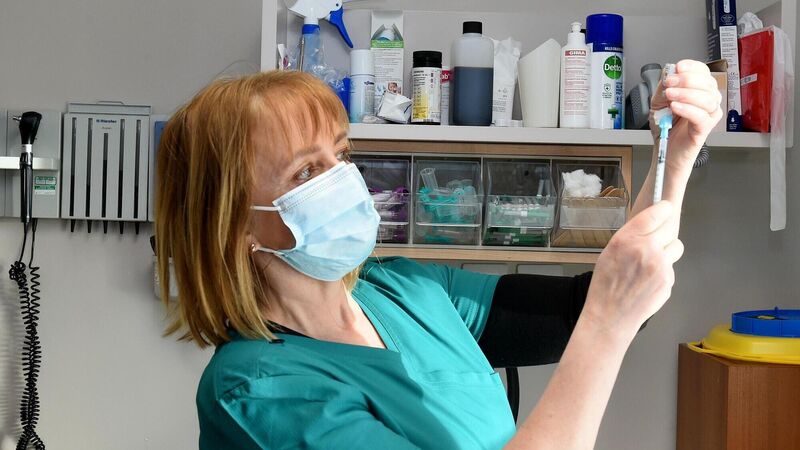Covid doctor spells out actions needed to ensure a 'nice Christmas'

Dr Nuala O’Connor, the Covid-19 lead for the Irish College of General Practitioners and a member of the State's vaccine task force, said decisions people make now will influence the next few months. Picture: Larry Cummins
People must reduce social contacts by 50% now so that we can all have “a nice Christmas”, a leading figure on Covid-19 has said.
Dr Nuala O’Connor, the Covid-19 lead for the Irish College of General Practitioners and a member of the State's vaccine task force, said decisions people make now will influence the next few months.










